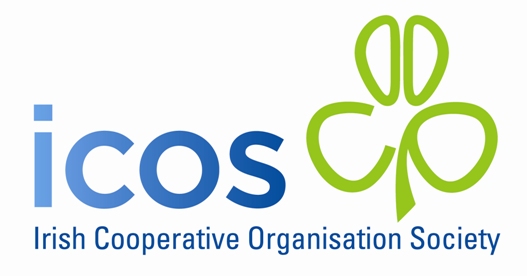ICOS writes to MEPs with concerns over Industrial Emissions proposals

ICOS has written to Irish MEPs highlighting concerns in relation to the Industrial Emissions Directive which is at the committee stage in the European Parliament in Brussels. The purpose of the directive is to regulate industrial emissions through a permit scheme operated by EU member states.
At the end of April, the European Parliament’s Committee on Agriculture and Rural Development (AGRI) voted on the Industrial Emissions directive file and rejected the denomination of “industrial installations”, excluding cattle from the rules, and for the revised rules to only apply to farms with more than 40,000 places for poultry, 2,000 places for production pigs or 750 places for sows and to farms of 750 livestock units. The Committee also voted on deleting the aggregation rule (which affects partnerships) and introduced several provisions simplifying registration procedures and reducing obligations for farm operators.
In March environment ministers meeting in Brussels had proposed a threshold of 350 LSU above which permits would be required. Despite the ComAgri vote, the next stage of the directive moves in front of the ComEnvi committee for a vote on May 24th and then for a full plenary vote probably in September.
At this crucial stage of the process, ICOS has written to Irish MEPs explaining the consequences to widen the scope of the IED to include livestock farms. If the initial Commission proposal to impose a threshold of 150 livestock units, this would mean that family farms would be in scope. Furthermore, a proposed aggregation rule would further affect those in partnership arrangements which would be treated as one unit. ICOS has warned that there would be added burdens, bureaucracy and costs associated with registration and maintaining records.
ICOS has also informed MEPs that the permit information would, under initial proposals, be accessible to the public for input, this represents a data protection and privacy concern. Members of the public would not be sufficiently educated or informed of the scientific principles underlying modern farming practice and would affect the quality of ‘input’ into permitting procedures.
In the letter to Irish MEPs, ICOS asked that would make representations based on scale, family ownership and grass-based production systems that the scope of this directive is not extended to grass-based livestock farming and that the minimum thresholds for exemption are maintained as high as is reasonably possible and practicable.
COPA-COGECA, the European farm, and co-operative umbrella body has also written to members of the Environment committee to highlight concerns. This includes, not increasing the thresholds of rearing activities of pigs and poultry, not including cattle or mixed farms, and deleting the aggregation rule. These measures will not prove effective (and in some cases – mixed farms and aggregation rules- are completely inapplicable on the ground without jeopardising our co-operative system or diversification). ICOS is supporting the COPA-COGECA position.